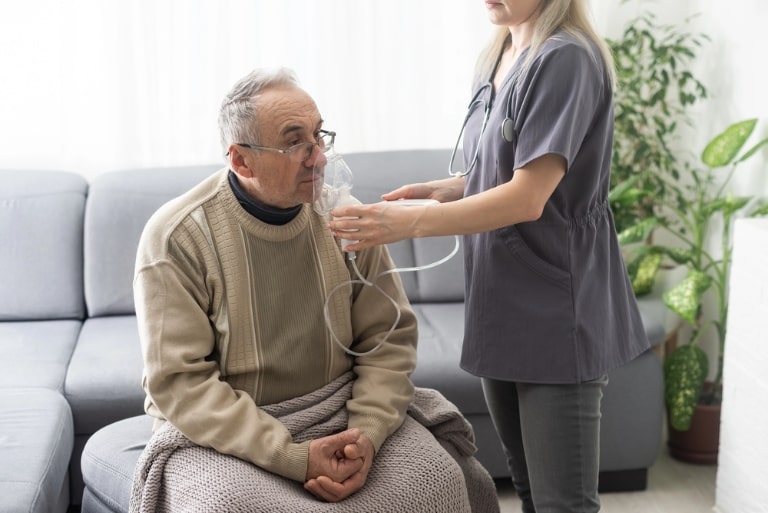Why a Bachelor’s Degree in Respiratory Care Is Becoming the New Industry Standard

The Changing Landscape of Respiratory Care
Over the last decade, respiratory care has grown beyond its traditional boundaries, responding to advances in medical technology and an evolving patient population. Therapists handle complex cases in intensive care units, assist in groundbreaking research, and use innovative life-support equipment daily.
This significant shift has led to higher educational demands, encouraging many to pursue advanced credentials through online respiratory therapy programs and other bachelor’s-level pathways.
Many entering the field now seek degree programs that include rigorous coursework, hands-on clinical training, and exposure to the latest digital health tools. Programs like these, offered by institutions such as Northern Kentucky University, ensure graduates are fully prepared to face today’s healthcare challenges and anticipate tomorrow’s innovations.
Benefits of a Bachelor’s Degree in Respiratory Care
A bachelor’s degree opens doors to more advanced clinical practice, supervisory responsibilities, and educational roles. These programs go beyond basic associate-level content, providing in-depth learning in areas like critical care, neonatal and pediatric respiratory therapy, healthcare ethics, research, and clinical leadership.
As the Bureau of Labor Statistics points out, respiratory therapists with higher degrees are better positioned for roles that require independent judgment and advanced problem-solving, both of which are in high demand as healthcare becomes more complex.
Bachelor’s degree graduates often have additional training in evidence-based practice and communication, making them valuable members of multidisciplinary teams and well-equipped to educate peers and patients. This level of preparation is essential as hospitals strive for higher standards in patient safety, satisfaction, and outcomes.
Addressing Industry and Patient Needs
As chronic respiratory diseases and critical care cases rise, the demand for highly skilled practitioners grows. Bachelor’s-prepared respiratory therapists can perform advanced procedures, interpret complex diagnostic data, and adapt swiftly to emerging clinical protocols.
They are often chosen to participate in specialized areas such as pulmonary rehabilitation, sleep medicine, and clinical quality improvement initiatives. With a broader knowledge base and honed skills in research and technology, they are ready to provide care that meets the increasingly specialized needs of patients in diverse settings.
The Role of Employers and Credentialing Bodies
Many employers and credentialing bodies now prefer or require a bachelor’s degree for upper-level respiratory care positions. Healthcare organizations know that advanced education improves clinical decisions and patient outcomes.
Recognizing these trends, professional associations, including the American Association for Respiratory Care, advocate for degree advancement and professional growth through continuing education. According to recent research, institutions supporting baccalaureate education often report higher quality metrics and reduced turnover rates among respiratory care staff.
The Value of Leadership and Specialization
Bachelor’s-level education empowers therapists to seek leadership roles within clinical practice, education, administration, or industry. Coursework in organizational behavior, evidence-based research, and healthcare management promotes confidence in supervising teams, developing clinical protocols, and managing complex healthcare operations. Graduates are increasingly at the forefront of innovation, participating in research initiatives or taking on faculty positions, further advancing the profession.
Education for the Future of Respiratory Care
As the scope of practice grows, the industry embraces educational advancement as the new standard. Bachelor’s degrees prepare graduates to meet higher expectations for quality care, safety, and efficiency across all healthcare environments.
With expanding telehealth platforms, digital record-keeping, and chronic disease management, respiratory therapists with a bachelor’s background are ready to lead the profession forward.
Choosing a bachelor’s pathway in respiratory care not only sets a strong foundation for long-term career prospects but also ensures professionals are prepared to keep learning and growing as healthcare continues to evolve.
For those considering a future in this vibrant field, the message from educators and employers is clear—a bachelor’s degree is quickly becoming the ticket to tomorrow’s opportunities in respiratory care.





